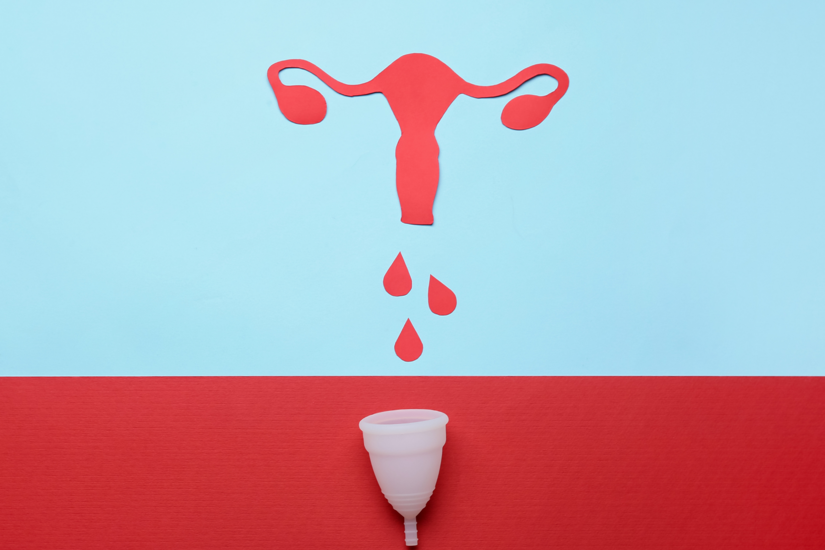"Aunt Flo. Shark Week. Time of the Month. Let’s start by calling it what it is. A Period. Or Menstruation. That bloody messy painful bloating tiring occurrence that happens every four or so weeks for over 40 years of the life of a woman or any person with a uterus - which by the way does not run blue from a beaker – and with some proper information and easier access to menstrual hygiene products can be an empowering and affirming experience.
"A 2018 study by Plan International UK found that 14% of UK girls did not know what was happening and a quarter did not know what to do when they started their period, and more guidance and support is needed. For people to know that menstrual bleeding and babies come out of the vagina, why periods occur, and understand the reproductive systems; alongside awareness that some hormonal contraception can ease some symptoms, while a variety of self-care activities may promote wellbeing.
"Open reproductive health conversations can encourage seeking medical advice if bleeding changes, is heavy, painful, irregular, or if pain/bleeding occurs with penetration; and raise awareness of additional menstrual health needs, such as PCOS or endometriosis. People often describe long delays when accessing support for debilitating or concerning menstruation (ITV, 2020) impacting on mental health, work, study and quality of life; and discussions can begin to unravel the fable that 'periods are meant to hurt and we need to just get on with it', to ensure menstrual health needs are addressed promptly.
"Periods in the UK and globally continue to be stained by stigma and myth: that it makes a woman unclean, using tampons removes virginity or one cannot have a bath, sex or go swimming (Plan International UK, 2018). In the UK 61% of girls aged 13-17 and 40% of women aged 37 – 50 reported feeling ashamed or embarrassed about their period (Always, 2020), and 13% of girls miss a day of school at least once a month because of their period (Plan International UK, 2021). Broadened conversations that include boys and men can normalise periods, raising awareness that non-binary people and trans men may be having periods too, dispel falsehoods, and challenge gender stereotyping of the ‘pms-ing woman’ (Grate, 2012).
"Furthermore, period poverty continues to affect over a million women and girls across the country (Plan International UK, 2021), greatly exacerbated during the pandemic (Taylor, 2020) and current cost of living crisis; where people in the UK are resorting to skipping meals, shoplifting, or using socks instead of hygienic and safe period products (BBC, 2019) which can lead to infection. We have the NHS tampon scheme, the Department for Education period product scheme until July 2022, and abolition of the ‘tampon tax’, but there is still a long way to go to reach the UK government's commitment to end period poverty and shame in the UK by 2025. Much wider and more accessible support is needed, available in such a way that people do not feel too embarrassed to ask. Contact SASH if you live in Hammersmith and Fulham, Kensington and Chelsea or Westminster and would like to know more about periods or ways you can increase your reproductive wellbeing. We offer a range of workshops on sexual and menstrual health, as well as counselling, health and wellbeing coaching, and peer support."
Dahlia Ghassan, SASH Care Coordination Manager.
METRO urges the government to renew its commitment to ending period poverty for all by 2025. This includes the provision of menstrual products outside of education settings, for example for vulnerable young people who are not in school, survivors of domestic abuse and refugees.
Find out more about SASH and their services.
